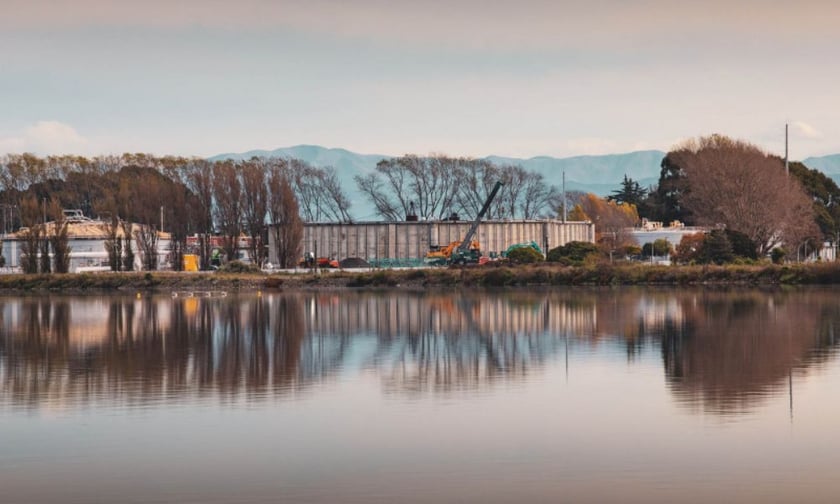

Christchurch City Council has reached an $85 million insurance settlement to address damage to its wastewater treatment plant caused by a fire in 2021.
The fire, which destroyed the plant’s trickling filters, disrupted the sewage treatment process and led to widespread complaints about odours in the area.
The funds will be used to replace two trickling filters, key components of the plant’s operations, with an upgraded activated sludge reactor system. This change aims to fix ongoing odour issues affecting nearby Bromley residents.
The newly agreed settlement will support the construction of a more modern and resilient wastewater treatment system.
Christchurch Mayor Phil Mauger emphasised the importance of moving forward with the project, calling it a “significant milestone.”
“From the day the fire started, the community has been impacted by the loss of these trickling filters; the stench caused by the interim solution was unbearable,” he said.
He said that the settlement allows the council to replace the old trickling filters with a more advanced activated sludge system, which should greatly improve odour control and plant resilience.
The new system will replace the plant’s 50-year-old infrastructure with a technology known for its efficiency in treating wastewater.
Activated sludge reactors are widely used both in New Zealand and internationally, and are seen as a long-term, scalable solution. This upgrade will also reduce emissions and better accommodate future population growth, according to the mayor.
The council’s decision to proceed with the settlement followed extended negotiations with its insurer. The confidentiality surrounding those discussions was necessary to ensure the best outcome for residents and the environment, Mauger said.
Work on designing the new sludge system is already underway, and the installation is expected to take up to three years.
The project’s current estimated cost is $140 million, though the figure may be refined as detailed designs are finalised. Funding for the project is covered under the council’s Long Term Plan, meaning local rates will not be affected.
Mauger said the council will keep the current plant running during the construction period, although operating it in its damaged state does pose challenges.
“We’re getting on with this permanent fix as quickly as we can. Once the new system has been constructed and commissioned, it will address the odour issues that have been experienced for the last three years,” he said.
In the meantime, the council is monitoring hydrogen sulphide levels near the plant to ensure the surrounding community remains informed and updated on the project’s progress.
In related industry developments, Insurance Business has released its list of top claims insurers for 2024, focusing on companies operating in Australia and New Zealand.
The 5-Star Claims report, which highlights excellence in claims handling, was based on broker feedback and identifies insurers known for their high-quality work, expertise, and customer service.
To compile the list, Insurance Business surveyed brokers across the region, collecting data on their experiences with claims insurers over the past year. Those with the highest ratings for their claims performance were awarded 5-Star status.
The report offers valuable insights into how the insurance industry is responding to ongoing challenges and highlights the insurers best positioned to serve clients in the coming year.
